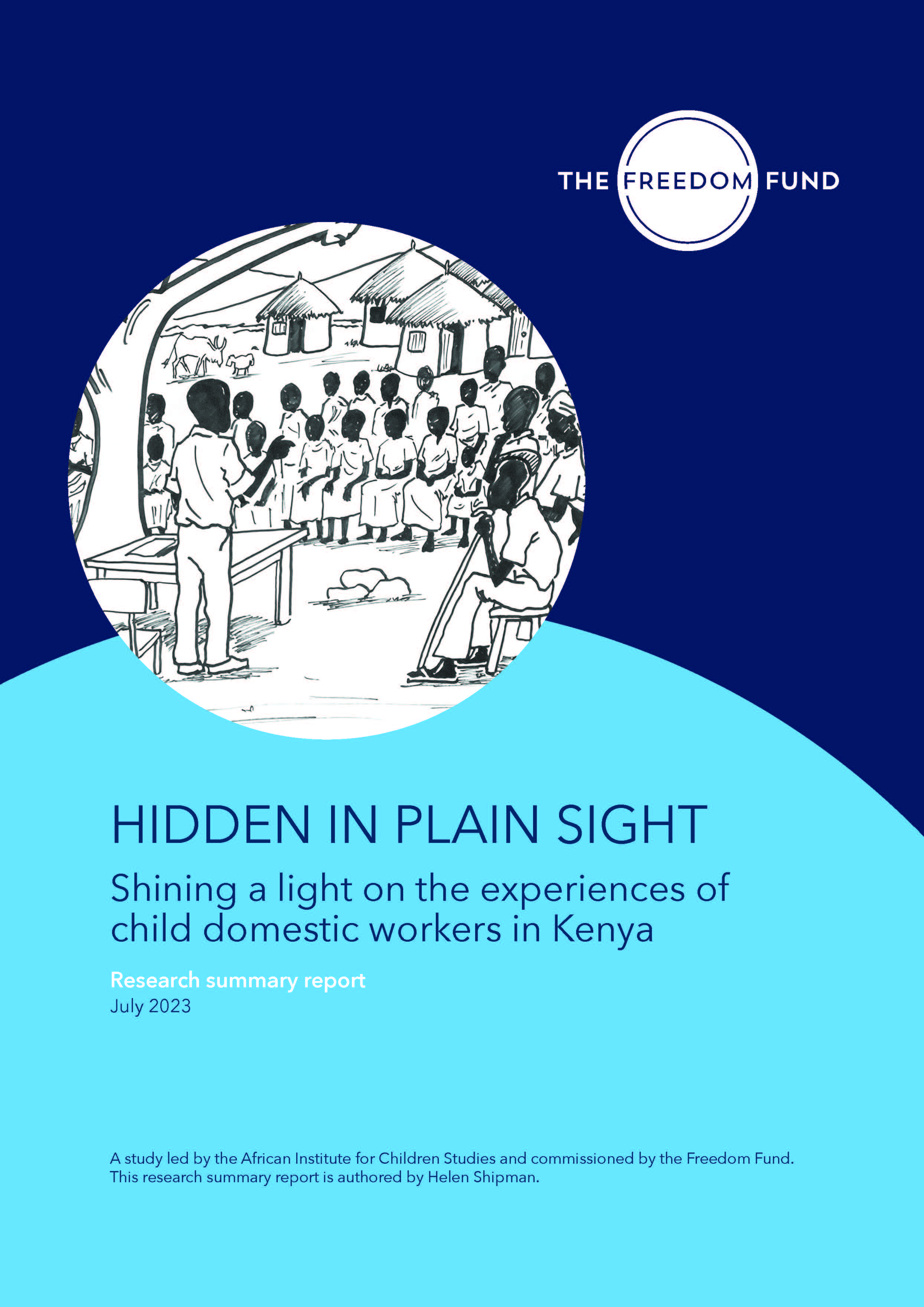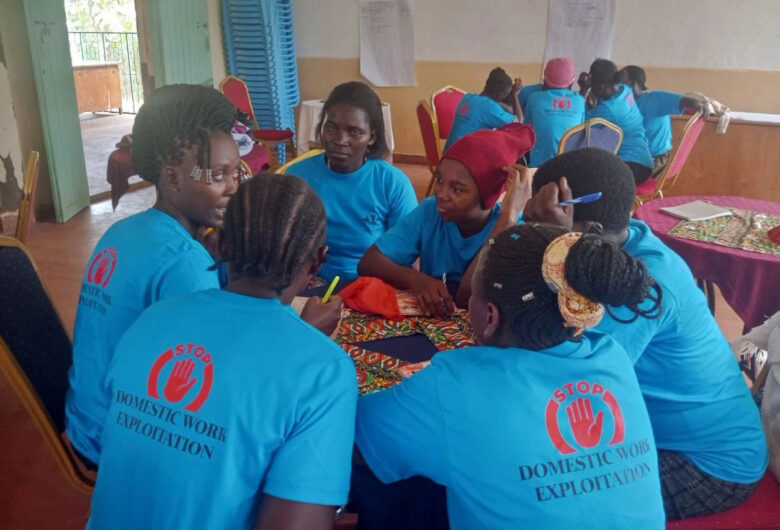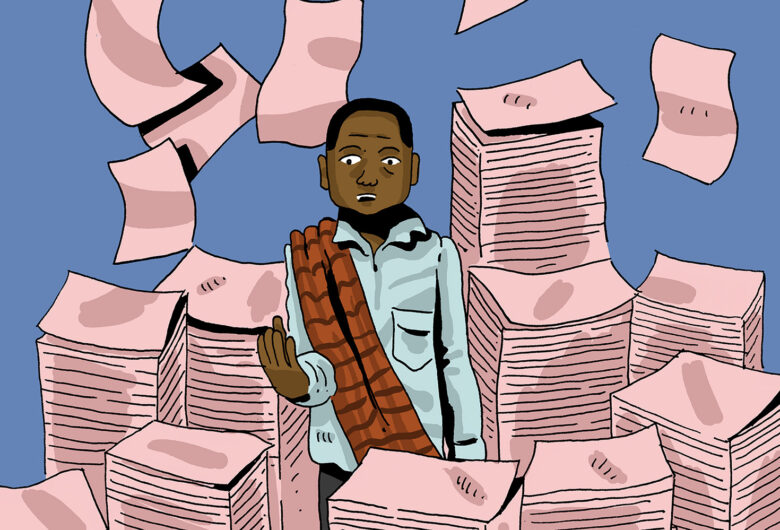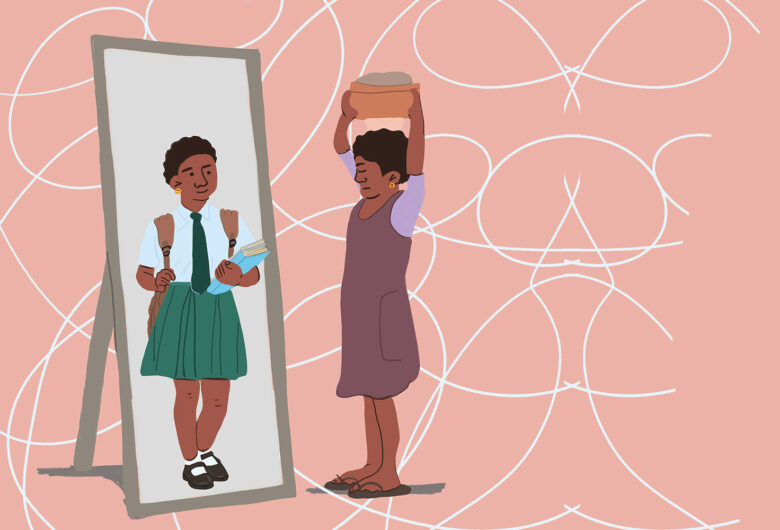Key information
- Hotspot launch
- December 2022
- Lives impacted
- 3,516
- Focus areas
-
- Child domestic work
- Forced labour
What we do
Child domestic work (CDW) is estimated to be the second largest contributor to child labour in Kenya after agriculture, with its prevalence fueled by the invisible nature of children subjected to exploitative work in private settings. Children working in the domestic service are often subject to long hours and physical and sexual abuse. CDW remains ‘invisible’ to the government due to limited access to the private settings in which children work, coupled with lack of clarity around what constitutes harmful CDW within Kenyan legal and policy frameworks.
The Kenya hotspot program is called NIA, short for “Not Invisible Anymore”. It also translates to “purpose” or “intention” in Swahili. The program–works in partnership with frontline organisations to create an empowered collective of child domestic workers, their allies, civic organisations and government institutions to protect children in domestic work from abuse and exploitation.
The NIA program prioritises working with the most vulnerable children with lived experience of child domestic work and those at risk of engaging in child domestic work. This includes children who are orphaned, child mothers, adolescents in educational transition, and children in female-headed households.
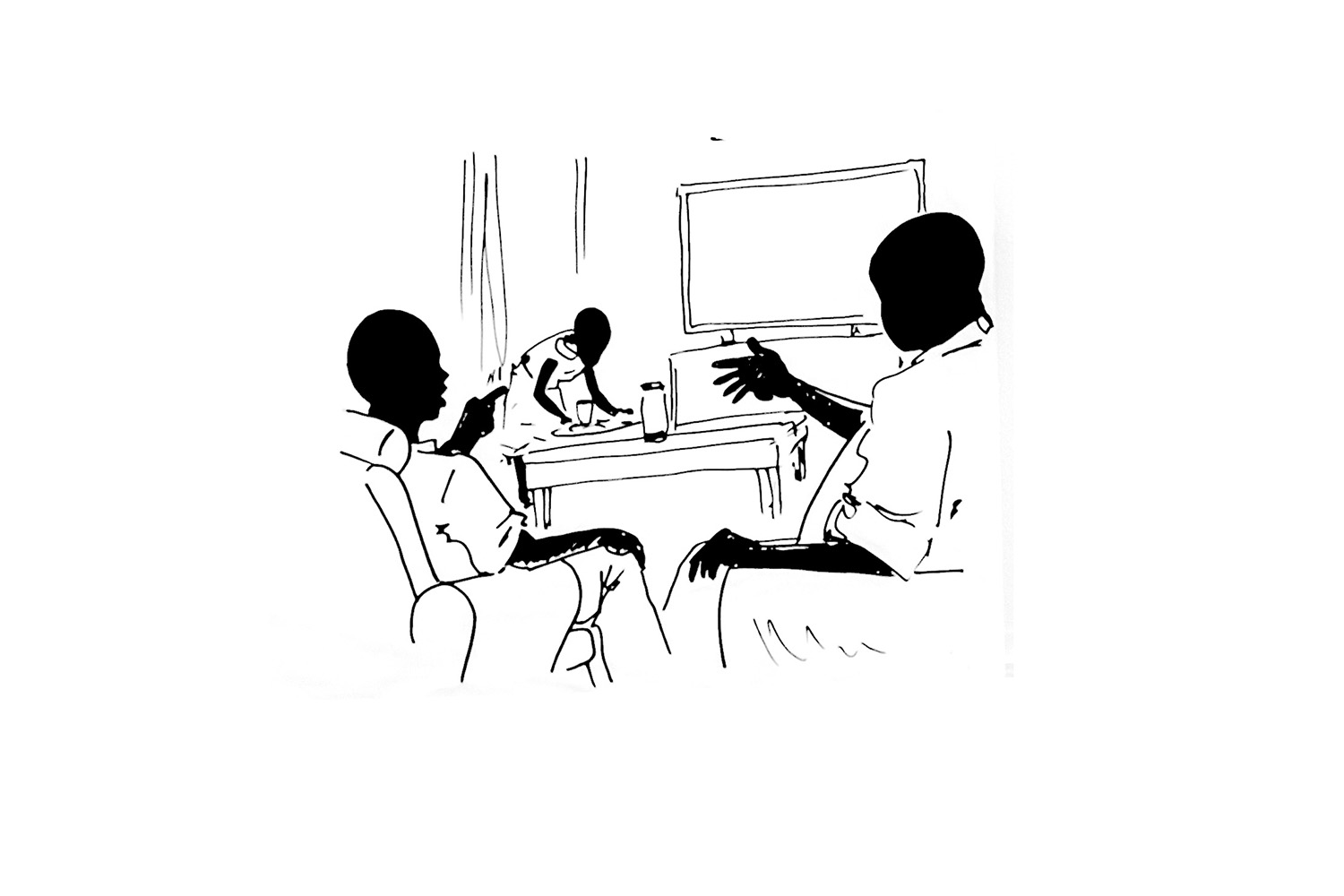
Our team

Maureen Karanja
Program Manager, Kenya

Ruth Kimani
Senior Program Manager, East Africa

Job N. Manani
Program Advisor, Kenya
Hidden in plain sight
The Freedom Fund partnered with the African Institute of Children Studies to undertake a formative research study of child labour–child domestic work in Kenya. The study aims to inform the Freedom Fund’s current and future programming in Kenya, as well to increase visibility of the CDWs, in order to enrich understanding of their different realities and to suggest ways of further strengthening policy and programming that protects vulnerable CDWs.
